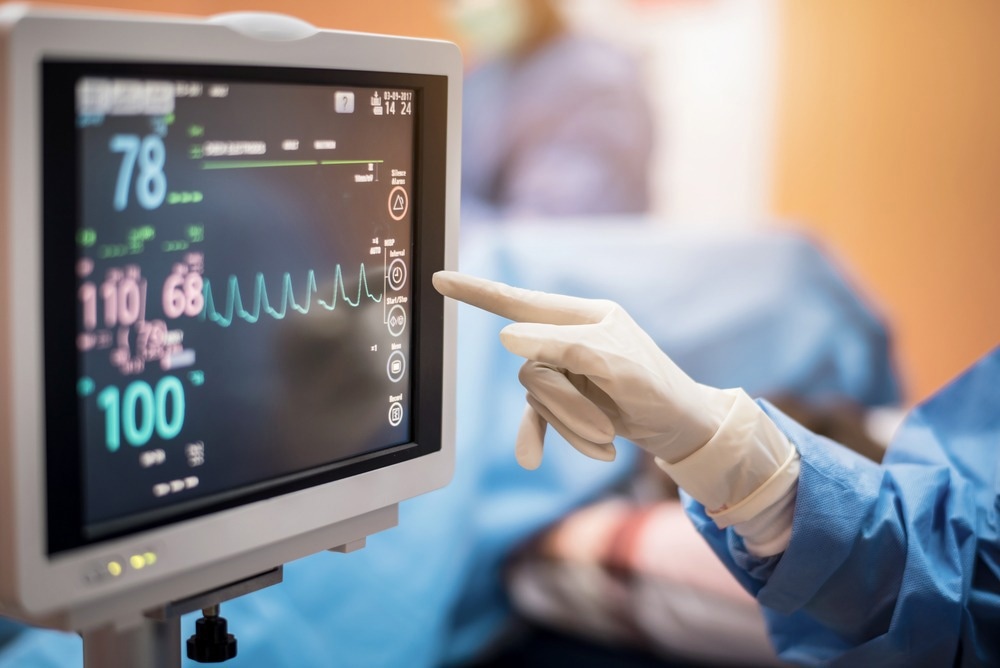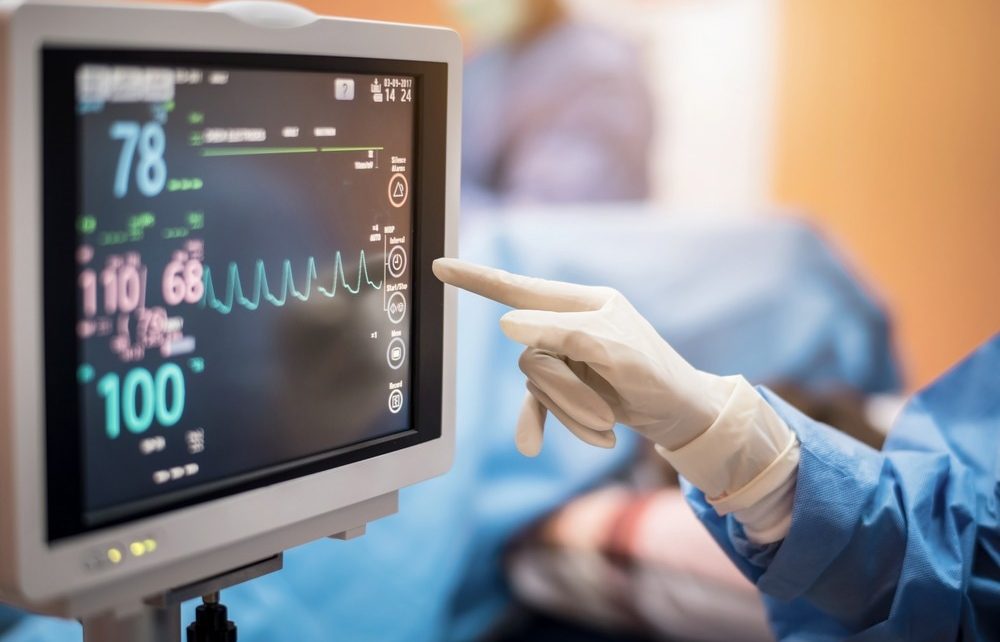The findings of a new systematic review published in the MDPI journal Vaccines describe short-term alterations in heart rate variability (HRV), specifically in the root mean square of successive differences between normal heartbeats (RMSSD) following coronavirus disease 2019 (COVID-19) vaccination. Nevertheless, short-term changes in HRV parameters normalized within three days after vaccination.

Study: Impact of covid-19 vaccination on heart rate variability: A systematic review. Image Credit: totojang1977 / Shutterstock.com
Background
Global vaccination programs were quickly initiated to limit the rampant spread of the severe acute respiratory syndrome coronavirus 2 (SARS-CoV-2), the pathogen responsible for COVID-19. However, despite these efforts, vaccination programs face multiple challenges, the most significant of which are vaccine reluctance.
High vaccine reluctance rates of up to 25% have precipitated concerns regarding the safety of newer and rapidly developed vaccines. Continuing research, post-marketing surveillance, increasing public awareness, and sharing evidence-based safety information are recommended to mitigate these concerns.
COVID-19 vaccination may lead to temporary neurological symptoms, including dizziness, headache, lethargy, migraine, parosmia, and poor sleep quality, according to the World Health Organization (WHO) database on COVID-19 vaccination-related adverse events.
Although rare, some reports of COVID-19 vaccination triggering autonomic system (ANS) impairment have been reported. Therefore, HRV is an important and objective metric for assessing autonomic balance regulation. In addition, an association has been established between influenza vaccination and ANS dysfunction based on HRV data.
About the study
To aid in disseminating evidence-based support for COVID-19 vaccination, the South Korean authors of the current systematic review investigated how COVID-19 vaccination may affect human HRV-related parameters.
This systematic review entailed a comprehensive search of four electronic medical databases, including MEDLINE (via PubMed), EMBASE (via Elsevier), PsycARTICLES (via ProQuest), and Cumulative Index to Nursing and Allied Health Literature (via EBSCO), to examine the potential impact of COVID-19 vaccinations on human HRV. Subsequently, a manual search was conducted on Google Scholar on July 29, 2022, to identify missing data that had been reported up to the time of the investigation.
Intervention studies and review articles were excluded from the study. Vaccination against COVID-19 was the only exposure evaluated.
Study findings
The reviewed studies suggested that COVID-19 vaccination conferred a short-term decrease in the RMSSD value, which could have been attributed to self-reported reactions following vaccination. However, asymptomatic participants experienced mixed results regarding HRV changes post-vaccination.
Other studies reported that different types of vaccines and doses have varied impacts on HRV parameters. For example, the second doses of the Moderna and Pfizer-BioNTech vaccines could be linked to SARS-CoV-2-receptor binding domain (RBD) antibody responses, whereas the Johnson & Johnson vaccine was not.
The first dose of the AstraZeneca vaccine, as compared to the second dose, led to more significant HRV-related changes.
The second doses of Moderna and Pfizer vaccines rendered more significant changes in HRV than the first doses of these vaccines. Comparatively, a third booster dose of the Pfizer-BioNTech vaccine had a greater impact on HRV-based stress indicators than its first dose.
In general, COVID-19 vaccinations significantly impacted women's RMSSD more than men's. In addition, younger patients were more profoundly affected than older individuals.
Of note, the methodological quality of the included studies was not optimal. Furthermore, key confounding variables were not measured nor adjusted in the selected studies.
The results of this review confirm that HRV parameters after COVID-19 vaccination show significant short-term changes that may persist for up to three days until ultimately returning to baseline. Nevertheless, some case reports describing persistent adverse reactions following COVID-19 vaccination, including postural orthostatic tachycardia syndrome (POTS), have been identified.
Significant RMSSD, HF, and LF/HF ratio changes have been recorded in patients with POTS. Therefore, based on the study findings, POTS is likely an individualized response to COVID-19 vaccination rather than a validated adverse effect.
Conclusions
The study findings provide important insights into the safety of COVID-19 vaccines from an evidence-based perspective and may have public health implications for reducing vaccine hesitancy. Importantly, this review supports the overall safety of COVID-19 vaccination regarding HRV parameters.
- Kwon, C.-Y., & Lee, B. (2022). Impact of covid-19 vaccination on heart rate variability: A systematic review. Vaccines. doi:10.3390/vaccines10122095
Posted in: Medical Research News | Medical Condition News | Disease/Infection News | Pharmaceutical News
Tags: Antibody, Coronavirus, Coronavirus Disease COVID-19, Headache, Heart, Heart Rate, Influenza, Lethargy, Migraine, Nursing, Pathogen, Public Health, Receptor, Research, Respiratory, SARS, SARS-CoV-2, Severe Acute Respiratory, Severe Acute Respiratory Syndrome, Sleep, Stress, Syndrome, Vaccine

Written by
Nidhi Saha
I am a medical content writer and editor. My interests lie in public health awareness and medical communication. I have worked as a clinical dentist and as a consultant research writer in an Indian medical publishing house. It is my constant endeavor is to update knowledge on newer treatment modalities relating to various medical fields. I have also aided in proofreading and publication of manuscripts in accredited medical journals. I like to sketch, read and listen to music in my leisure time.
Source: Read Full Article



